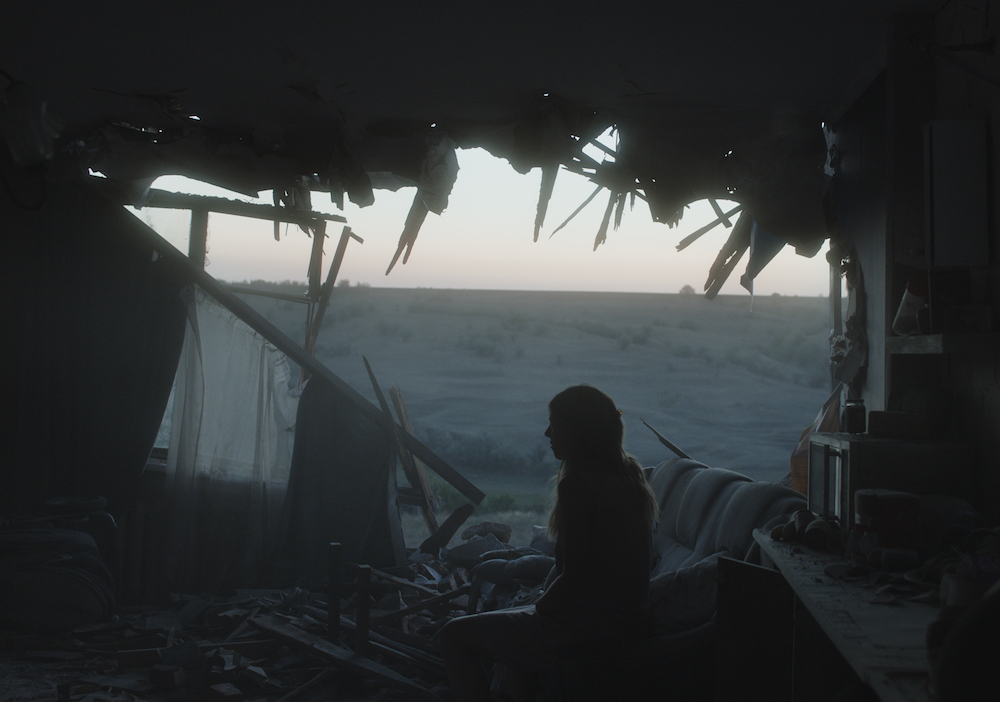Throughout history, films have always been a tool for instilling inspiration and driving social change. Whether in overarching themes or the woven principles and messages, they have been a powerful medium for raising awareness on important issues and drawing on the hearts of the audience with regard to pressing matters in the world. As the world rapidly moves on against the backdrop of ongoing wars, climate change, and forced displacement, the filmmaking industry has been shifting its focus to highlight these topics in both discrete and obvious ways. The Cairo International Film Festival’s (CIFF) 44th edition, held in November, saw an abundance of different films from around the world. From short films and documentaries, to internationally acclaimed stories, they highlighted important – often forgotten – topics, including womanhood, climate change, and forced displacement. Yet, the power of human resilience in the face of a world consumed with the idea of forced forgetting and erasure of the past remains a dynamic overarching theme in CIFF’s 44th edition. From Egyptian director Ahmed Abdalla’s film ‘19B’ to Ukraine’s ‘Klondike’, and Palestine’s film Alam (Flag), here are some of the ways in which these…
Forced Forgetting and the Power of Resilience as Overarching Themes in CIFFs 44th Edition
December 6, 2022



